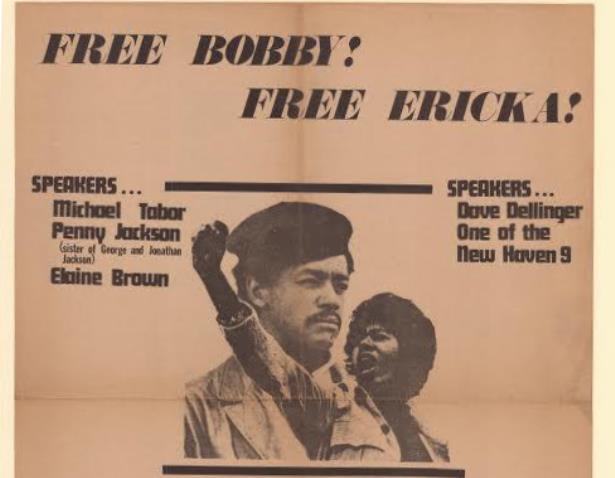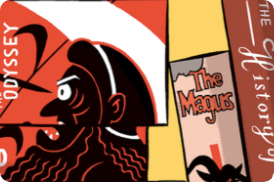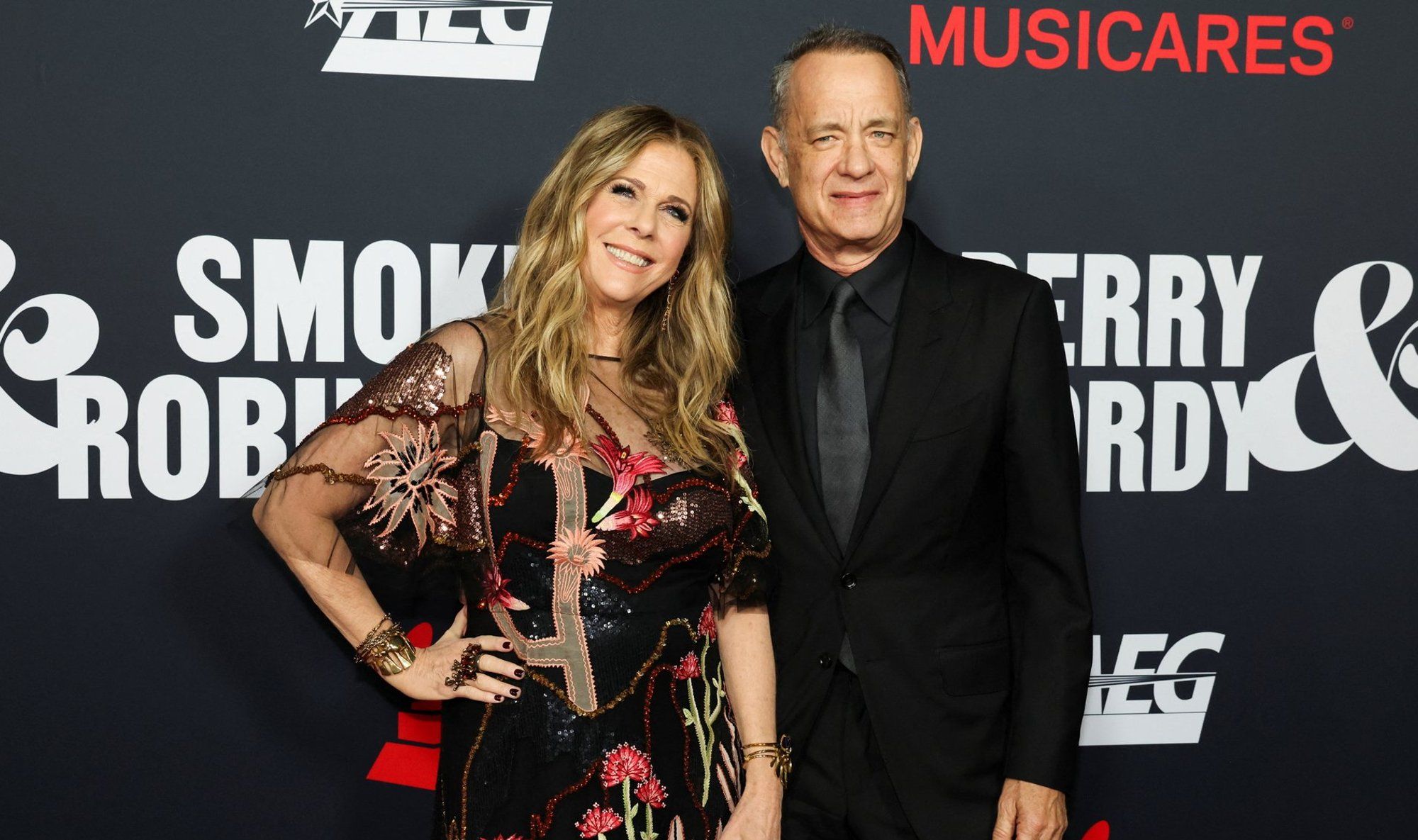At the time I penned this piece, media reportage was shifting the focus of public opinion away from the protests of the wrongful deaths of Ahmaud Aubrey, Breonna Taylor and George Floyd, and towards the destruction of property and looting of department and variety stores. It is my hope that this short essay adds to that conversation by emphasizing the agency that store owners themselves bear in the plight of their stores.
I don’t condone violence and property damage but I believe it should receive a more nuanced analysis than it is currently receiving. To provide that nuance, this essay employs an excerpt from an interview conducted as part of the Samuel Proctor Oral History Program’s Ottoman Greeks of the US Project.
In the summer of 1970, the Black Panther trials in New Haven Connecticut troubled store owners in the city’s downtown area. They worried that imminent demonstrations associated with the trials would result in damage to their store fronts.
The demonstrations were to be in response to events surrounding the trial of Ericka Huggins, the New Haven Panther chapter founder and president, and Bobby Seale, the national Panther Party founder and chairman. The store owners proceeded to cover their store-front windows with plywood in hopes of protecting them from any damage that might have occurred during pro-Black Panther demonstrations.

‘Mr. Morris’ was working at his family’s diner in downtown New Haven at the time. He was born in New Haven, Connecticut in 1920 and was himself the child of immigrant parents from Permata (Savaş in Turkish), a small village not easily located on a map of contemporary Turkey. His parents emigrated to New Haven from Greece after their families were expelled from Permata during the Greco-Turkish War (1919-1922).

‘Mr. Morris’ and his family were worried about any possible adverse effects that negative outcomes of the trials would have on their business. They received pleasant news from an unexpected source. ‘Mr. Morris’ recalls in his own words:
Next thing, you know, guy comes in and he says, ‘are you ‘Mr. Morris’?’ and I says, ‘yes, can I help you?’ ‘I just want to tell you something.’ He says, ‘you people don’t have to cover your windows.’ I’m saying to myself, wow! What’s that all about? ‘Everybody else is protecting themselves,’ I says. ‘No!’ he says. ‘They know who you are.” I says, ‘Who’s they?’ He says, ‘The people who all these other people are protecting against – the Panther group.’ I said, ‘Really?’ I said, ‘uh, uh, jeez that’s a big, a big gift you, you just gave me.’ He said, ‘you know why?’ He says, ‘because you’re an all-right guy!’
‘Mr. Morris’ concluded, “We wouldn’t turn Blacks away, if they wanted to come to the bar and have a drink!” It turned out that the person who gave Mr. Morris this important news was a member of the New Haven chapter of the Black Panthers.
This short vignette is a salient reminder of the responsibility that store-front owners, sole proprietors, and boards of large corporations have as stewards of their communities. Although ‘Mr. Morris’ was ultimately doing what was comfortable and profitable for him to do, he perceived serving people of color at his family’s diner as a progressive measure for its time.
Anti-racist theory, as presented by Ibram X. Kendi, in his recent book, “How to Be an Anti-Racist,” argues that the onus is on White Americans, in this case business owners. They need to evaluate their position in society and openly engage in words and deeds that reject racism.
It is not enough to provide an annual check to a local charity for the photo-op and tax deduction. In the 1970s, “Mr. Morris” was “an alright guy” because he treated people of color through words and deeds as they are, human beings.
Today we should all expect more.
About the author
George Topalidis is a PhD candidate in the Department of Sociology and Criminology and Law at the University of Florida. Follow George on Twitter and Instagram @tsamoyian13
Would You Like to Add Your Voice to The Pappas Post?
This post is part of our “Voices” section which aims to broaden the conversations in our community and allow people to share what’s on their mind. These articles in no way reflect the position or opinion of The Pappas Post and our inclusion of a story doesn’t reflect affirmation or denial of the particular point of view. Rather, we seek to give people a platform to share their views.
Interested in submitting your article? Read our guidelines and submit your content today.















